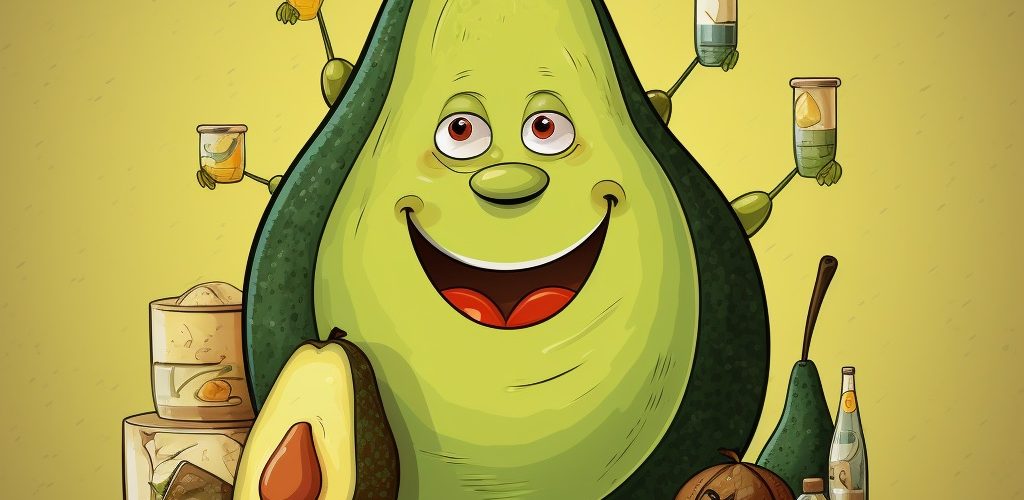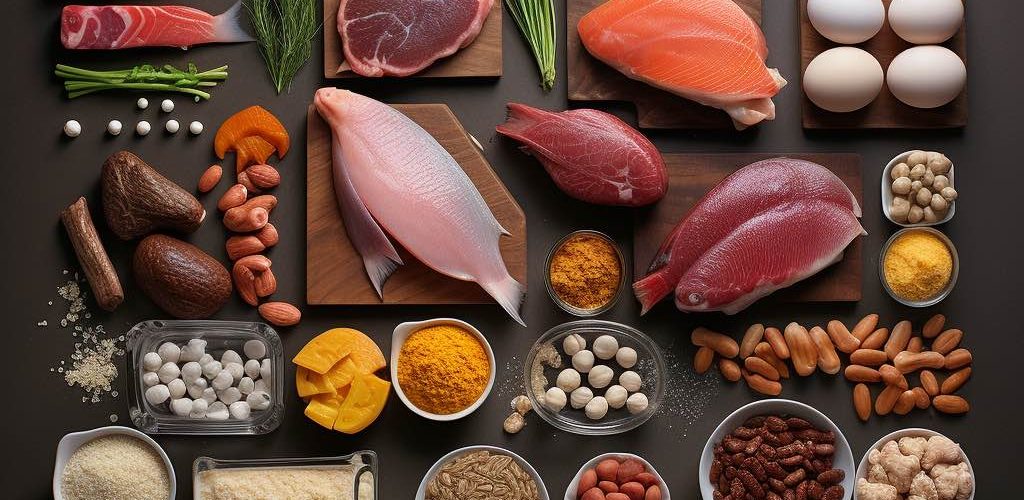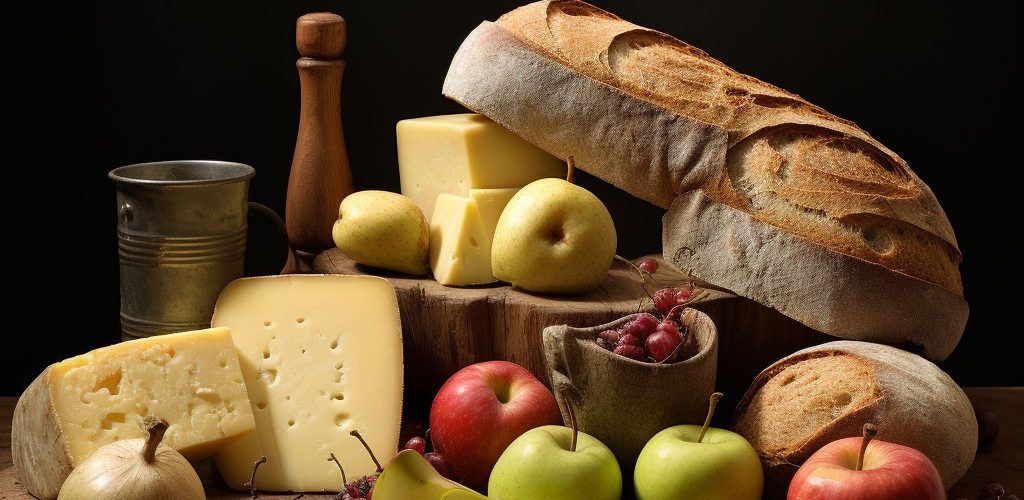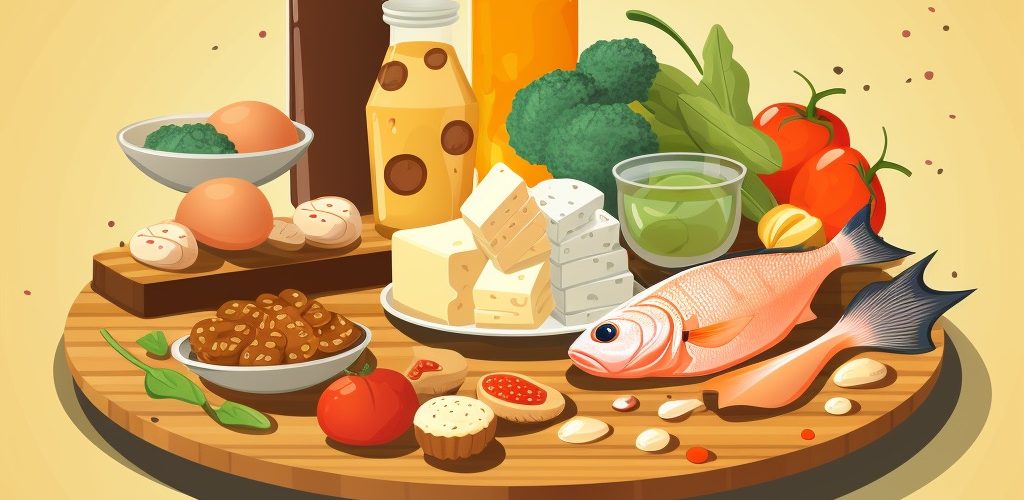If you recall from the chapter entitled ‘Simple Sugars vs. Complex Sugars: Understanding the Difference’, you are aware that simple sugars are the best thing you could fuel your body with and in fact your body is in dire need of this exact component in order to energize itself properly.On the other hand, complex sugars are a tough pill to swallow. They require far more digestive work to break down, resulting in molecular carbon overload, causing acidic after-effects, and excessive
It’s important to address some of the commonly held beliefs about certain perceived problems or deficiencies with eating lots of fruit that are held by the general public and of course proliferated by those in mainstream science and media. One concern that is brought up frequently is the phobia of sugar and all things sugar-related. This is an iron law it seems in the culture of: Sugar is Evil.If you recall from the chapter entitled ‘Simple Sugars vs. Complex Sugars:
It is important to understand the nature of fats (AKA fatty acids), the benefits, and the downsides of consuming them. Fatty acids are important to the body for many different functions (covered in depth in the section breaking down carbohydrates, proteins & fats), including providing insulation, structural support, lining the cell walls, supporting nerve tissue, serving as an anti-inflammatory buffer, and providing reserves for future conversions to energy.Fats are not, however, a straightforward fuel source like carbohydrates are. While carbs
We have explored in other segments about the different qualities of the various macro-nutrients that exist in the food world — carbs, proteins and fats.As you embrace the power of raw foods, fruits and superfoods in their ability to clean, detoxify, energize and regenerate, you may come to realize that the intake of carbohydrates especially in the form of simple sugars and fructose from fruits is perhaps the most ideal source of sustenance and energy.But this seems contrary to how
Perhaps most important to keep in mind regarding the role of protein is the actual molecular make-up of protein structures and how that gets broken down by the body and used. This is covered in-depth in the prior chapter which contrasts the differences between carbohydrates, fats and proteins.In short, protein itself is not a main food source for humans. Protein is a structure made up of amino acids. When we consume proteins, our body breaks down the structure into individual
It seems that whenever I am talking with somebody who is used to eating a regular-type diet, and I start talking about the power of raw, living, electrical foods, within seconds the most common question they will ask is: “Where do you get your protein?”In America, and it seems worldwide, we have a fixation with protein — it’s become a magical entity. A few theories that come to mind of exactly why it’s gained this status are:— It’s delicious and
Simple sugars are fuel to the body and the best thing you could possible energize your cells with. Without simple sugars, your body has to survive off your fat reserves and even breaking down organ tissue and consuming that for fuel which can be a dangerous proposition. Simple sugars are 100% essential and the concept of sustaining yourself without them is ridiculous on its face. The process of digesting and utilizing simple sugars for the human body is an easy,
Early on in the process of gaining an understanding of how the food world works, it is important to understand the nature of sugar, and especially to understand the critical difference between simple and complex sugars — without exaggeration, this information could save your life.Truly, sugar is the modern day Bogeyman, being blamed for all kinds of lethal health maladies, the world’s weight problem, and all sorts of deficiencies in the modern day standard of wellness. In part, this is
Carbohydrates are the main fuel of our bodies. Cells run on carbon compounds — much like plants create carbohydrate matter within their own matrices, using carbon dioxide and water via photosynthesis, our own cells run their functions based off of carbon.There are different types of carbohydrates, some agreeable and some disagreeable to the human body. For example, carbs which are very starchy are difficult to digest, like corn, potatoes, rice, and any type of grains (bread, tortillas, chips, crackers, pasta,
I understand that some of this information may feel a little bit tedious, as if you are back in the classroom in grade-school, bored and thinking about boys/girls and how long it will be until the bell rings ending class.Please do understand that some of this information upcoming is crucial to your success, like figuring out if you will be at risk of deficiency of a certain food compound, as well as understanding the effect that different food combinations have





